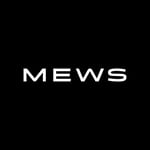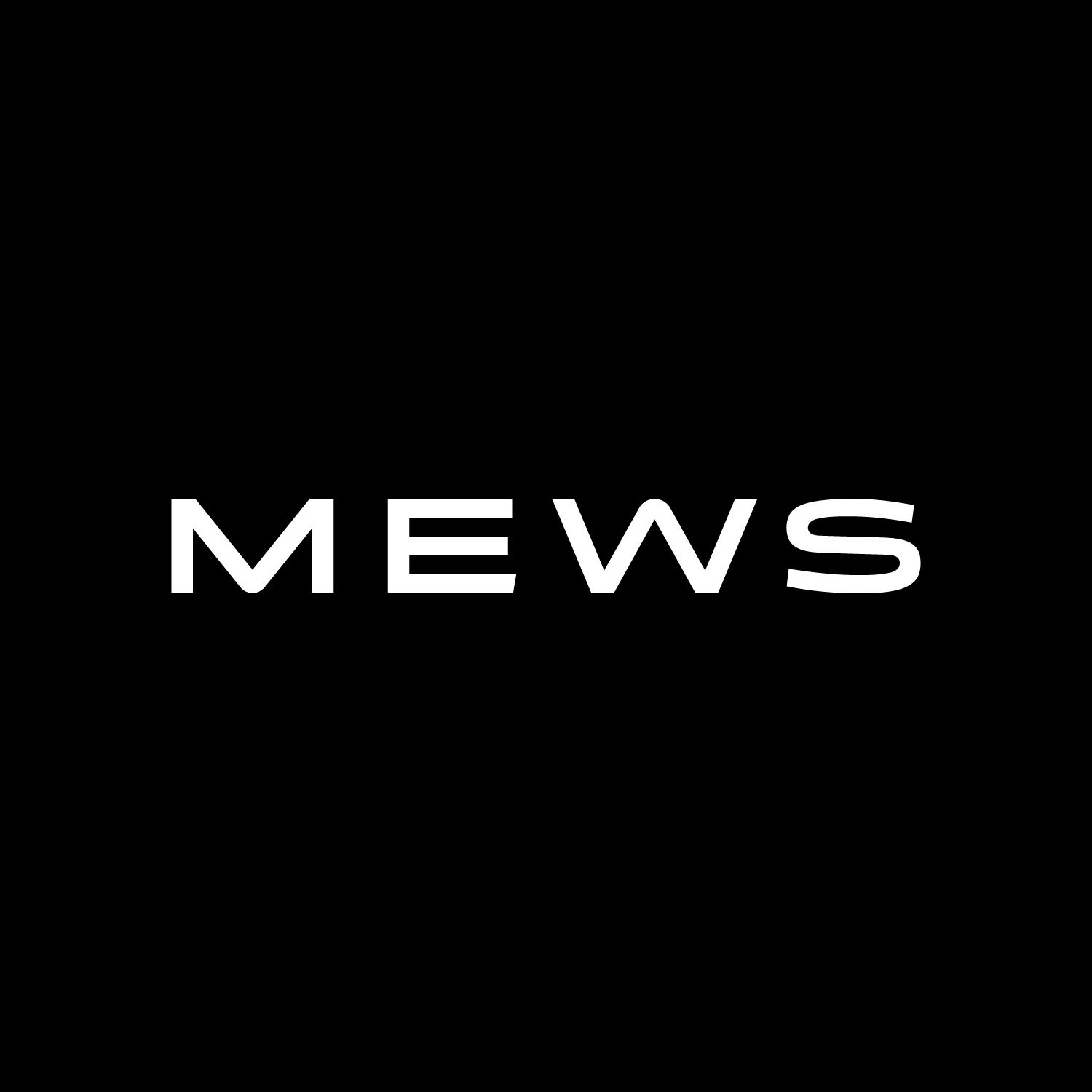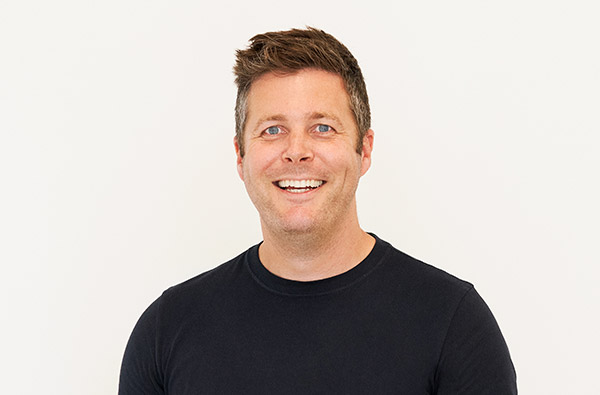When Bob Dylan wrote one of the world’s most memorable protest songs, he definitely wasn’t singing about hospitality technology. But he might as well have been. Take these lines:
Your old road is rapidly aging;
Please get out of the new one if you can’t lend your hand,
For the times they are a-changin’
It may have taken a while, but hospitality is finally changing, and the old ways of closed-off systems will soon become a thing of the past. Even the term ‘PMS’ will gradually fade away, and all of this is great news for hoteliers, and great news for guests.
Simone Puorto, Founder, CEO, and Futurist at Travel Singularity, sat down with Mews CEO, Matt Welle, to talk about what hospitality’s future will look like and where Mews fits into that vision.
Simone: Do you think that PMS integrations are still one of the biggest taboos in the industry?
Matt: Totally. It's been excruciating. Cloud products are now more and more open, but most of them still don't have their APIs published on their website. So they still have this door that you have to somehow open to get access to the APIs to start developing. That underlines how we think in our industry: the door is closed, and you need to knock the right way to get it opened. It shouldn't be like that.
There are young startups building great solutions, but for most of them, it’s impossible to integrate. It's like you can't get most property management systems to open their APIs unless you pay them. We wanted to change that, by just publishing our APIs on our website.
I can't read APIs, I'm not a technical person – I know PowerPoint and Word, that's it. But I can take a look at our APIs and kind of understand that "getGuestCustomerName" means that it returns the name of the guest. But, when you read some of these traditional APIs, it is difficult to know how the room blocks were formulated.
The legacy solutions have done a fantastic job at convincing hotels that it's hard to integrate. Integrations are hard for the legacy players because they need to get involved every time they switch something on, and they don't want that, because that means extra work for them. So they've just made it hard, and they've educated hotels not to even ask about integrations. So hotels are like, "Okay, well, I'll just keep doing this task manually..."
Simone: Why do you think some cloud systems are refusing to publish their APIs on their website?
Matt: I can understand it, at least to a certain extent. We now have over 450 live integrations on the Mews Marketplace, and every time someone builds to us, we still need to do some tests to make sure that they don't overload our API in any way, or they don't pull too much data. We have two people in the company taking care of that. But if you're a small provider, two people are a big investment... So, before they scale, they just can't afford to put two people full time to verify all the integrations.
I think that's probably one of the issues. But it's also the mindset of our industry. Unfortunately, we are a very closed off industry: take a look at most hotel websites, and it tells you we're stuck in the past. We are not at a level that most other industries are at.
Simone: Could it be because they don't want to show the quality of the APIs? They don't want them to be on the website because somebody can say: "this is terrible?"
Matt: Some of them are not great. That's true. Ours weren't great when we started either – we began very quickly writing the APIs. We resisted for a long time because our architecture wasn't set in stone (this was about two years into the journey) and it's not until you have a real understanding of the architecture that you start adding API endpoints that you can be sure that you're keeping for the next ten years. I think a lot of these smaller solutions that don't have enough funding probably want to hold off these integrations because the partners may be disappointed with the data quality and service delivered via the API.
Simone: With technology becoming more specialized, do you think the shape of the industry and traditional PMSs will have to change?
Matt: I agree. I think PMS is the worst acronym in the world, and it's embarrassing to people outside the industry who don't understand that PMS stands for "Property Management System." But then you have the SEO aspect – you want to use it, as people google it and you want to get that traffic.
Something that came out of our recent rebrand is that we didn't want to keep using that term everywhere because what we do is not what other PMSs used to do back in the day – so we've renamed ourselves as the Mews Hospitality Cloud.
We’re not locked into the PMS term because we do a bunch of things that others don't. For example, we've built an online check-in/check-out app – that isn't what PMSs traditionally used to do. So there's definitely a redefinition happening across the industry.
As we matured, we realized that we needed to build some solutions ourselves: enterprise customers expect a bunch of things to be core to the PMSs. We've recently built a hotel reporting software, completely white-labeled inside the solution, because I do think that analytics is a core piece of a future hospitality cloud going forward.
We've even built CRS (consumer relationship system) elements because when we built Mews, we didn't put the room at the heart of it as the traditional systems do. We put the guest at the heart of it, so we believe we are actually a CRM because, at the core of Mews, there's the guest experience. Over time, we'll move more and more into that CRS sector, so you'll have the CRS functionality in the PMS, while, today, you still have to buy a different platform I think those two will inevitably merge.
Simone: Where do you think that the PMS industry will be in 10 years' time?
Matt: We have a strong vision of where we want Mews to move, but I think other companies could follow that same lead. If you are able to abstract elements of a system, so that you can adapt it to multiple industries, that will make it really exciting. In a few months, we should be launching our first additional service. We stay in hotels for today, but as you also abstract time elements, you can apply them to other industries as well.
Look at hospital beds, for example. There's a real problem there in terms of inventory management. Or a car parking space. We want to take Mews to the next level. Booking a hairdresser is another perfect example. Hairdressers have no booking engine, and often you have to pay cash, but the whole process could work as it does in a hotel: you book online on a booking engine, then you insert your credit card as you do with your Uber and you literally just walk out after the haircut. The credit card will be charged automatically.
You could really think about an entire city mapping of every service object, and then you could innovate that, and if you have a guest portal, that can really facilitate both the guest side and the enterprise side. This is a very long journey that we're going towards, but I think any innovative cloud player could move in that direction.
Simone: So basically, you can manage the inventory of pretty much everything in a city?
Matt: Anything that's for sale, yes. Pretty much.
Simone: Do you think we will ever become a plug-and-play industry, where hotels will be able to freely choose their technology and, if they don't like it, change it the day after without spending €50,000 on integrations?
Matt: I think so. On the integration side, we already do it. Through Mews, you can literally purchase and pay for an app, and we will take care of the invoice via our plug-and-play store. Hoteliers today still have to speak to two companies and sign two contracts but, technology-wise, it's totally possible.
Changing PMS is still a painful process because you need to somehow migrate some of the data, but I think a small hotel should be able to buy what's on the website, and figure out how the system works through e-learning. I think COVID-19 has pushed us in a corner where we can no longer go on-site to train hotels, so now we have an entire online team doing training classes. It works well. Give us three years, and you will be able to buy a PMS – or hospitality cloud – without human interaction.
Simone: What impact has COVID-19 had on hospitality teach?
Matt: For us, the coronavirus has definitely been an accelerator. Pre-COVID-19, getting a hotelier to get on a conference call was almost impossible. They often didn't have the tools, or they were running Internet Explorer 10 or whatever, and it wasn't supported... If you're a hotelier with an on-premises solution and suddenly you have to work from home, well... Good luck running that hotel!
We've really seen hoteliers open their eyes to a better way of working. Most hotels are smart, and they're thinking ahead about innovating. I believe that, to a certain extent, hotels will go back to the usual habits, but this pandemic has been an eye-opener, tech-wise, for most entrepreneurs.

Author
Mews

Essential hotel technology for general managers
Download now
Hospitality hot takes straight to your inbox
Sign up to our monthly newsletter for industry insights, product news, partner updates and more.
Similar articles
1/3
Apr 3, 2023
Exploring Unfold: what is the new standard in hospitality?
Mews Unfold 2023 is the year’s most exciting hospitality event. That’s a fact. Set in the stunning Muziekgebouw in central Amsterdam, it will see h...

Jan 21, 2021
Hotel PMS integration strategies: embracing a connected future
It’s rare to get so many property management system leaders in the same conversation, and ROOMDEX’s hotel Integration Strategies webinar was lively...

Dec 1, 2020
13 reasons to choose a cloud PMS for your hotel
Back in the simpler times of 2018, a Fuel Travel survey found that 55% of hotel managers weren’t satisfied with their current property management s...



.webp)